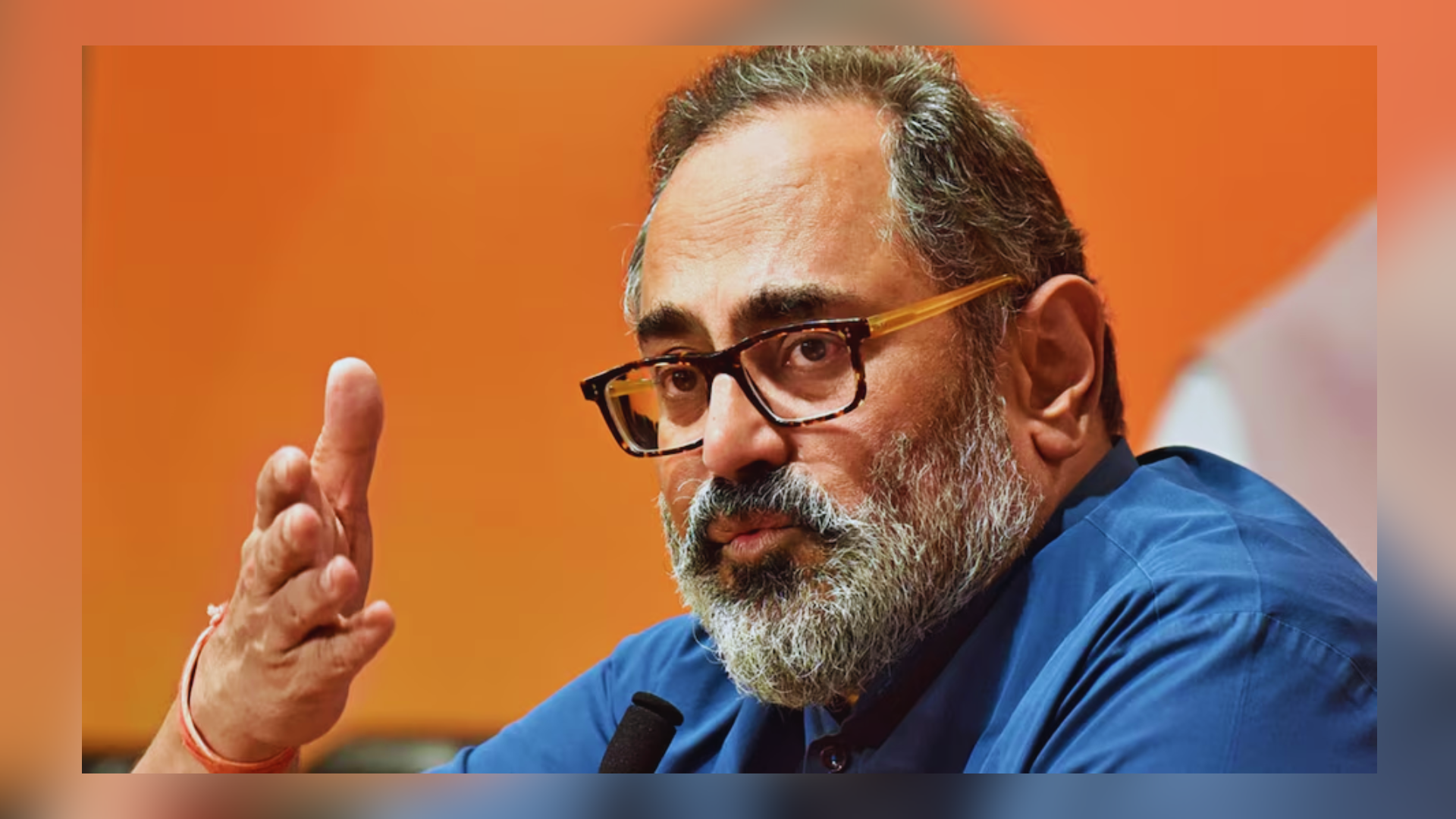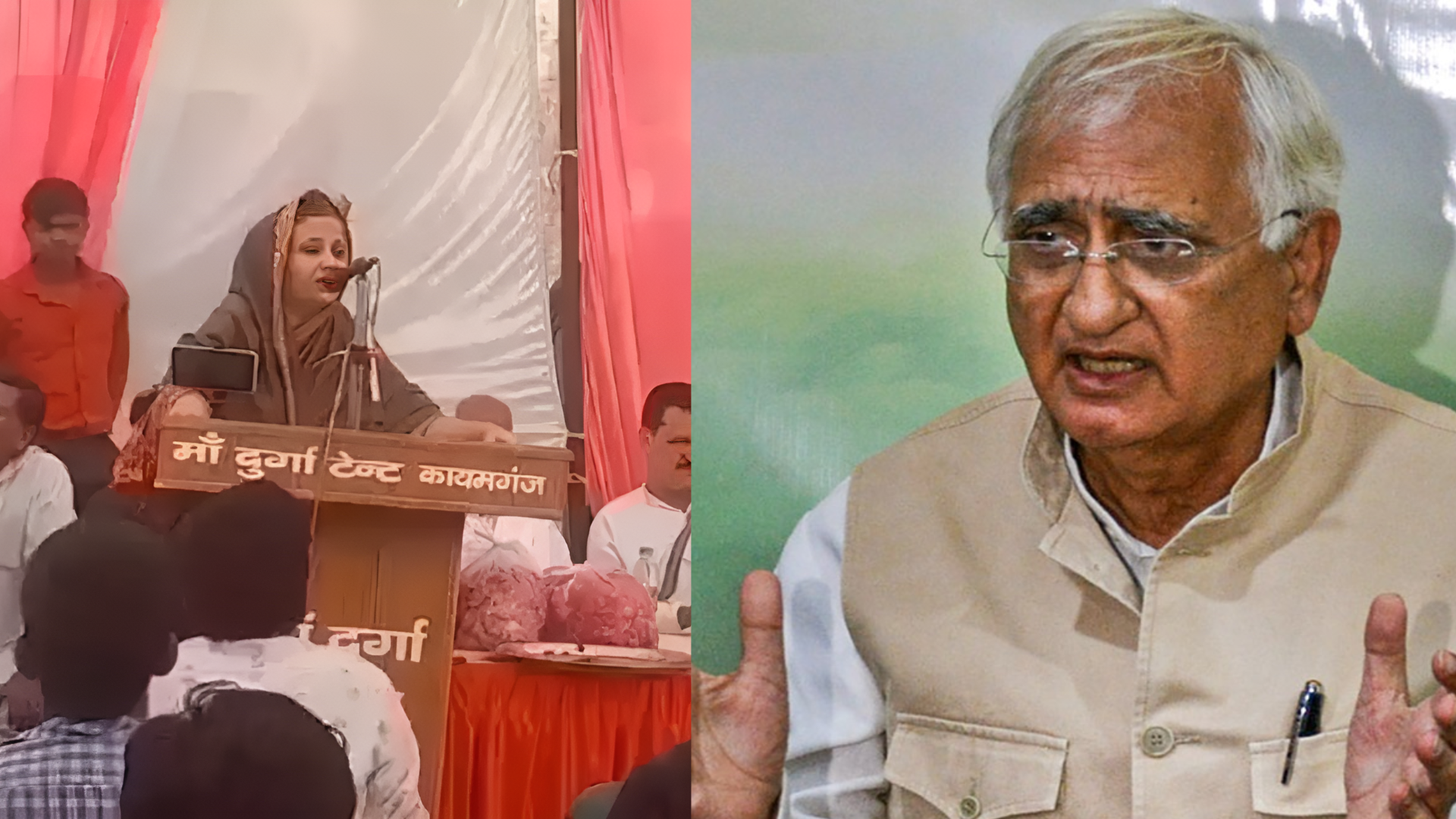


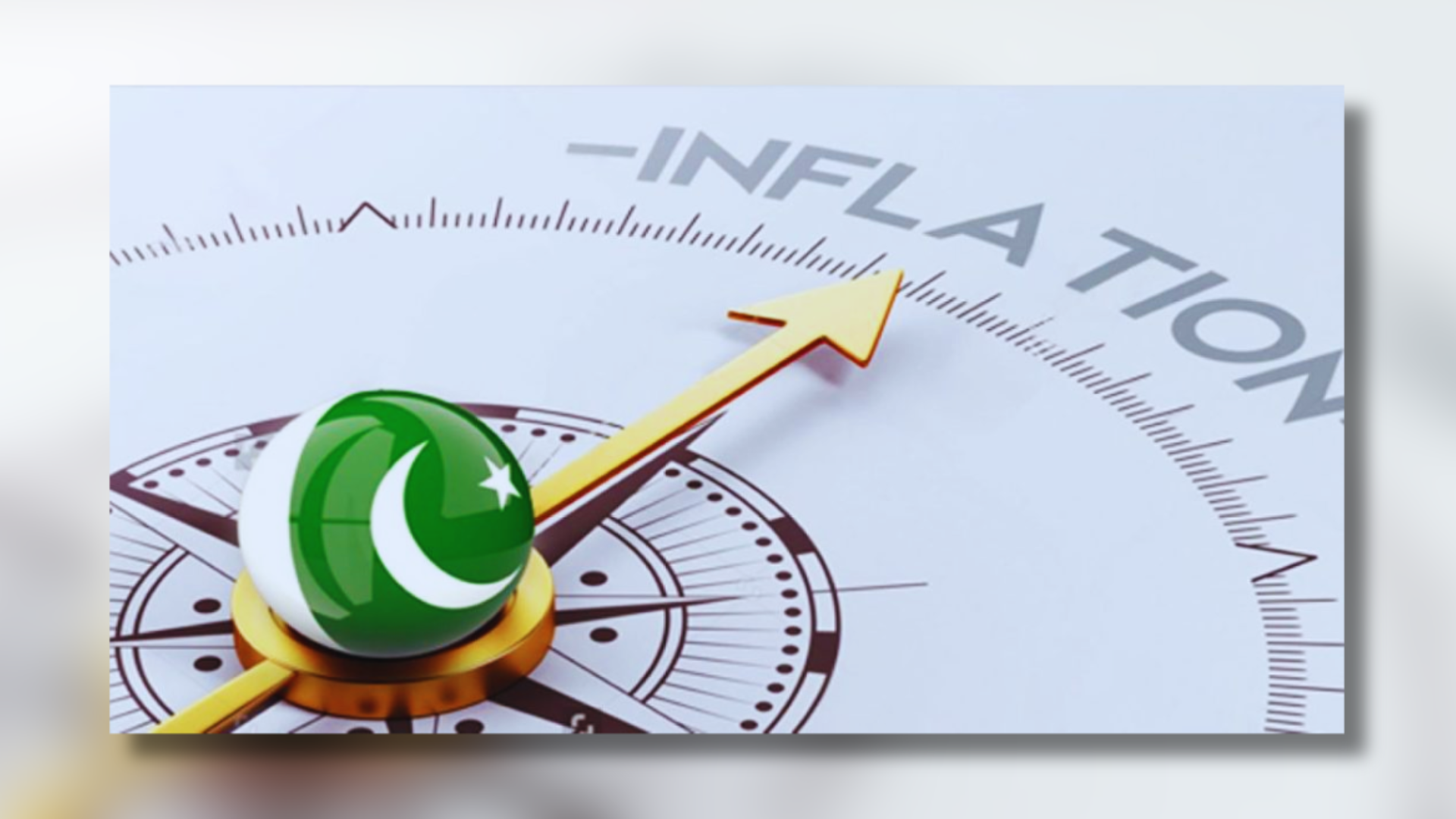

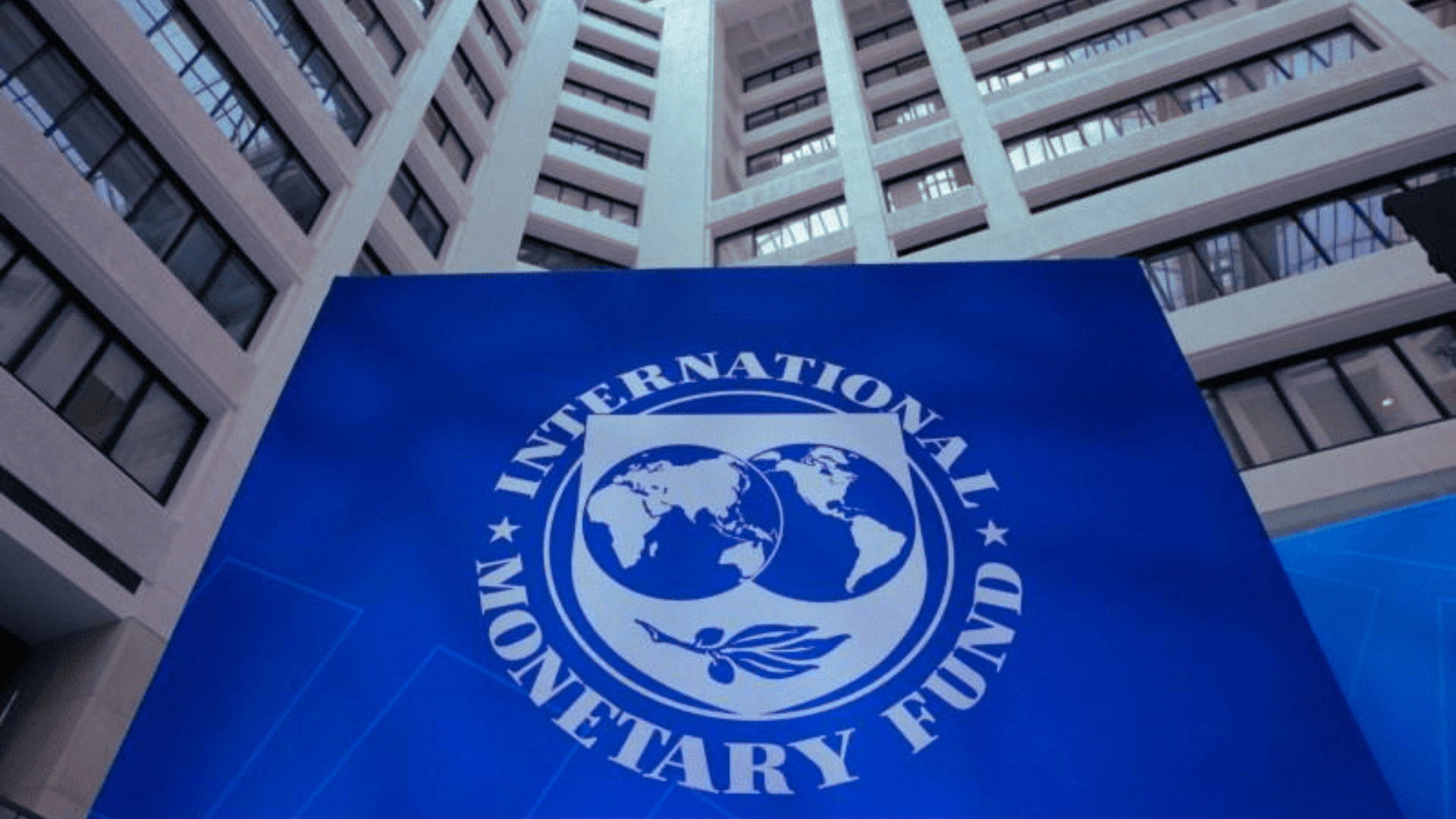

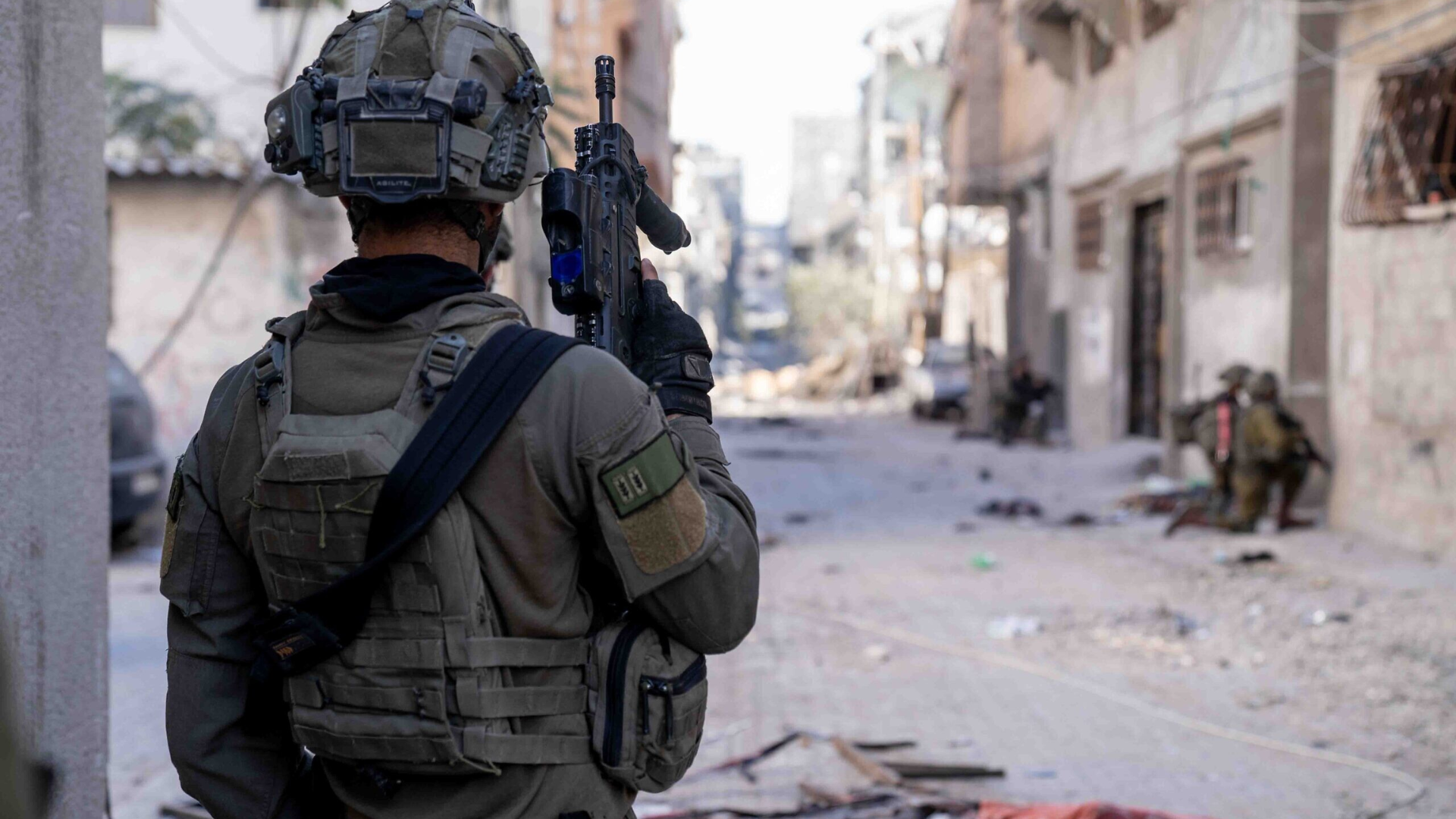
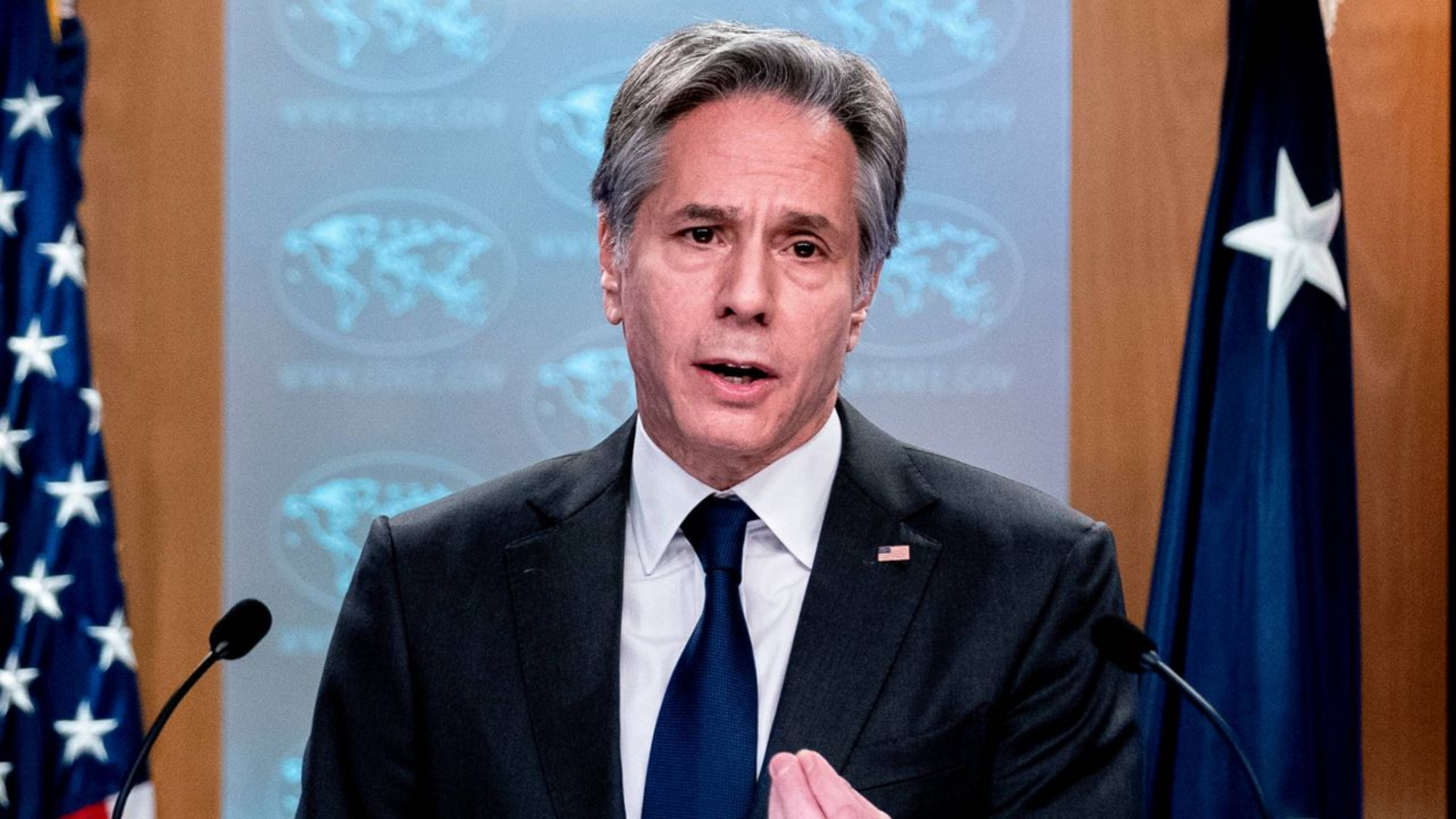

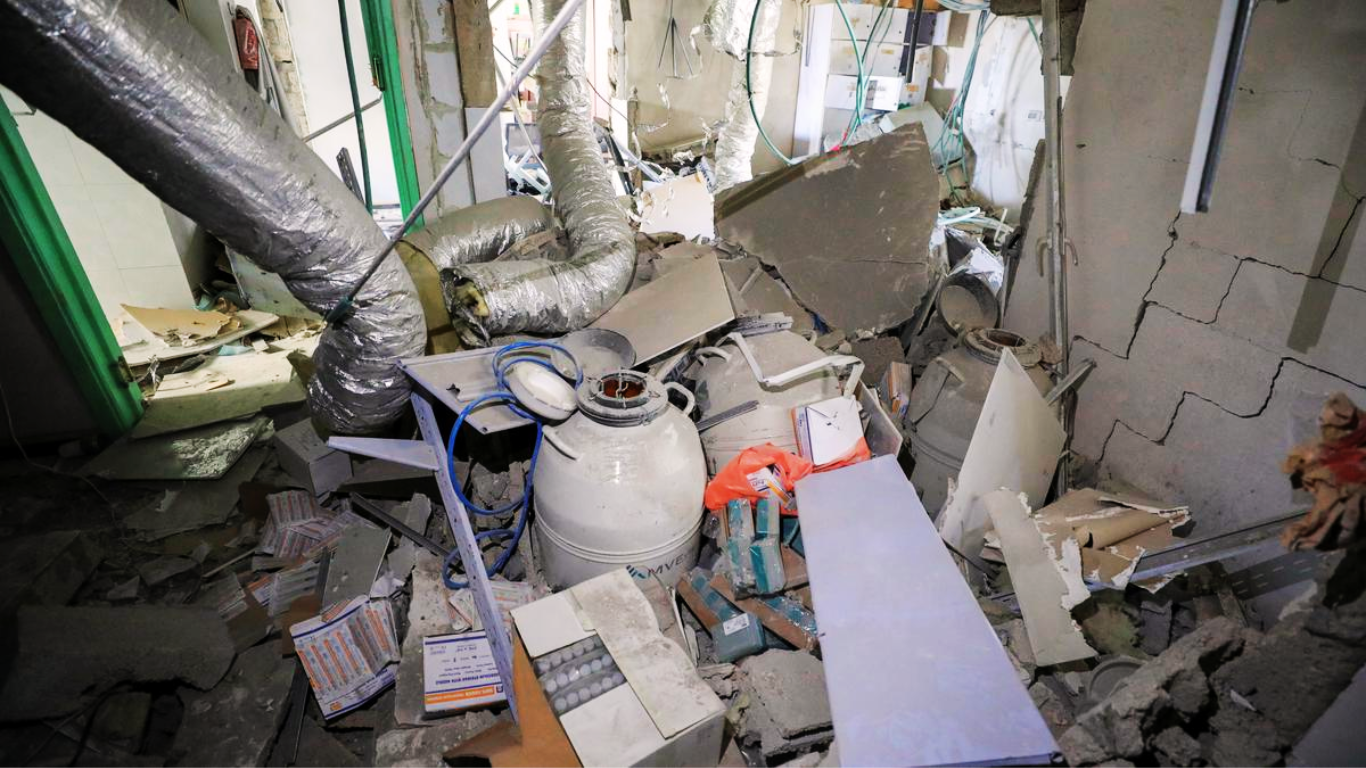
An Israeli airstrike on Gaza’s largest fertility clinic resulted in the destruction of all its frozen embryos and unfertilized eggs, leaving numerous infertile couples with no chance of ever conceiving children. The Al Basma IVF center, situated in Gaza City, serves as the primary storage facility for frozen embryos and other reproductive specimens for couples undergoing in vitro fertilization (IVF) procedures in the territory. The strike, which occurred in December, caused significant damage to the clinic, particularly to five liquid nitrogen tanks stored in the embryology unit.
As the liquid nitrogen evaporated due to the blast, the temperature inside the tanks increased, resulting in the destruction of over 4,000 embryos and 1,000 other specimens, including sperm and unfertilized eggs. These embryos represented the last hope for hundreds of Palestinian couples struggling with infertility, as stated by medical professionals.
Over 33,000 killed isn’t enough. One single Israeli bomb on Gaza’s largest fertility clinic wiped out over 4,000 IVF embryos of Palestinian parents hoping to have children.
They want to make sure they erase our past, present, and future. And they will fail God willing. pic.twitter.com/x4oqQWlr4C
— Dr. Omar Suleiman (@omarsuleiman504) April 17, 2024
According to a journalist commissioned by a leading news wire who visited the site recently, the embryology lab remains in a state of disarray, with broken equipment strewn about and the damaged liquid nitrogen tanks visible amid the debris. The open lids of the tanks revealed tiny color-coded straws containing the ruined microscopic embryos.
Dr. Bahaeldeen Ghalayini, the clinic’s founder, expressed deep sorrow over the loss, acknowledging the significance of these 5,000 lives, or potential lives, for the affected parents. Many couples, including Seba Jaafarawi and her husband, relied on the center for fertility treatment after facing difficulties conceiving naturally. Despite the economic challenges in Gaza, couples often pursue IVF, sometimes resorting to selling belongings to cover the costs. Dr. Al Ghalayini noted that nine clinics in the enclave offered IVF services, with Al Basma serving as the primary facility for storing frozen embryos.
For individuals like Seba Jaafarawi, undergoing years of fertility treatment was emotionally taxing. The physical discomfort of egg retrieval, the side effects of hormone injections, and the disappointment of failed attempts took a toll. However, after three years of perseverance, Ms. Jaafarawi finally achieved success with IVF, becoming pregnant in September of the previous year, although the joyous news was overshadowed by subsequent events.
ALSO READ: Who Was Bob Graham? Former US Senator And Florida Governor Dies At 87




